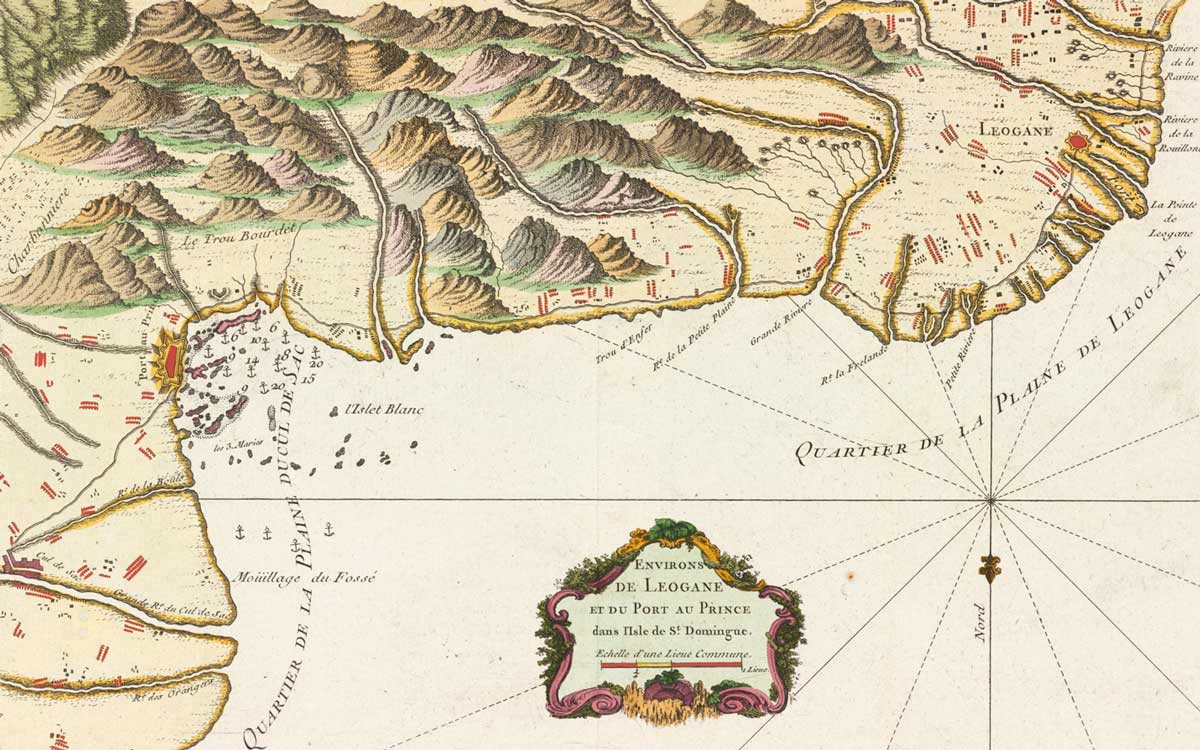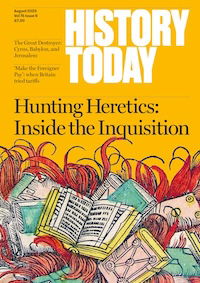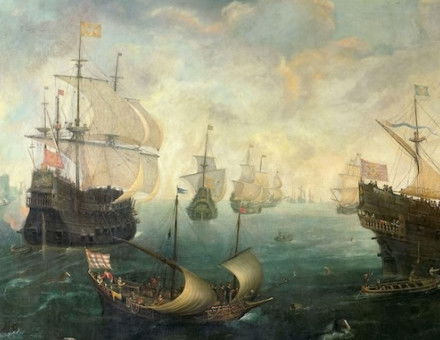Is Caribbean History the Key to Understanding the Modern World?
Four distinguished scholars consider a historical question of enormous contemporary resonance.

‘The Caribbean became a focal point of rivalries among Europeans, a location where imperial contests were fought’
Carla Gardina Pestana, Author of The English Conquest of Jamaica: Oliver Cromwell’s Bid for Empire (Belknap Harvard, 2017).
The Caribbean ushered in the modern world. Most infamously, it was the site of full-blown racial slavery – a horrific institution founded on the commodification of people as objects of exploitation – which was perpetrated on a massive scale. The Caribbean population intermixed not just European, African and indigenous American, but also housed a great diversity from within Europe itself. All the groups that crossed the Atlantic from Europe came to the West Indies, setting up rival colonial outposts, but also living together in specific colonies and achieving levels of diversity only seen in the most polyglot of European cities.







